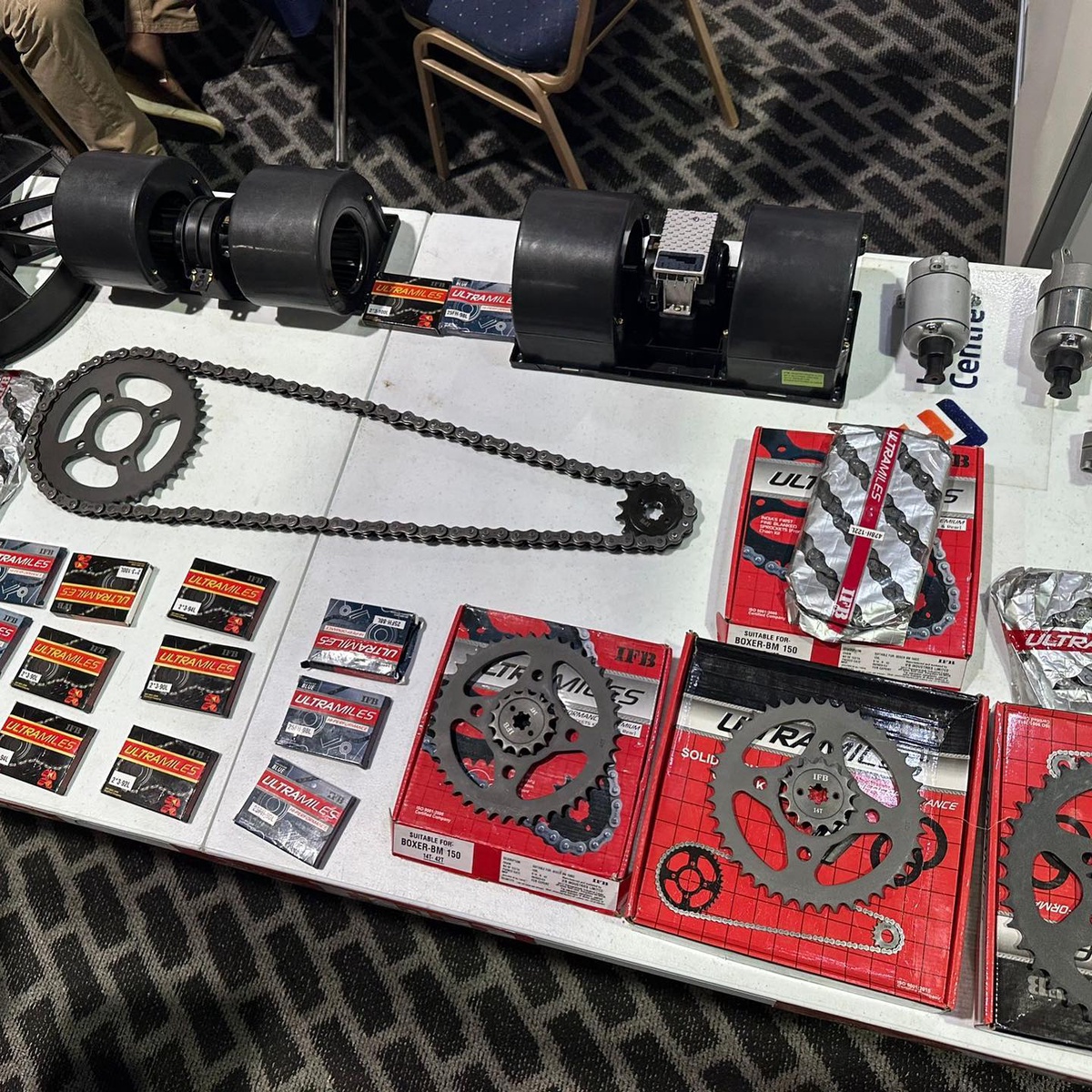In today's globalized economy, the importation of auto parts plays a crucial role in sustaining the automotive industry's growth and efficiency. As automotive markets expand and evolve, the demand for high-quality auto parts continues to rise, creating opportunities for businesses to engage in auto parts importation. In this article, we'll explore the dynamics of auto parts import, its significance in the automotive ecosystem, and how businesses can leverage importation to drive expansion and efficiency.
The Dynamics of Auto Parts Import
Auto parts importation involves the procurement and transportation of automotive components, accessories, and supplies from manufacturers or suppliers located in other countries. These parts may include engine components, electrical systems, body parts, tires, and a wide range of other products essential for vehicle manufacturing, maintenance, and repair.
Significance in the Automotive Ecosystem
Auto parts importation plays a pivotal role in meeting the diverse needs of automotive manufacturers, distributors, retailers, and consumers. Importing auto parts offers several key benefits, including:
-
Access to Specialized Components: Importing allows businesses to access specialized components and parts that may not be readily available domestically. This enables manufacturers to produce vehicles with advanced features and specifications, enhancing their competitiveness in the market.
-
Cost Efficiency: Importing auto parts from countries with lower production costs can result in cost savings for manufacturers and consumers. By sourcing components from international suppliers, businesses can capitalize on economies of scale and competitive pricing strategies.
-
Diversification of Supply Chain: Importing auto parts helps diversify supply chains and mitigate risks associated with dependence on a single source or region. By establishing relationships with multiple suppliers across different geographic locations, businesses can enhance their resilience to disruptions and fluctuations in the market.
Leveraging Importation for Expansion and Efficiency
Businesses seeking to engage in auto parts importation can adopt several strategies to optimize their operations and maximize efficiency:
-
Market Research and Supplier Evaluation: Conduct thorough market research to identify potential suppliers and assess their capabilities, reliability, and quality standards. Establishing strong relationships with reputable suppliers is essential for ensuring consistent supply and product quality.
-
Compliance and Regulatory Requirements: Familiarize yourself with import regulations, customs procedures, and compliance requirements governing auto parts importation in your target markets. Ensure that your importation processes adhere to legal and regulatory standards to avoid delays, penalties, or other complications.
-
Logistics and Distribution Optimization: Streamline your logistics and distribution processes to minimize lead times, reduce costs, and enhance operational efficiency. Explore options for consolidating shipments, optimizing transportation routes, and leveraging technology solutions to track and manage inventory effectively.
-
Quality Control and Assurance: Implement robust quality control and assurance measures to verify the authenticity, integrity, and performance of imported auto parts. Conduct inspections, audits, and testing procedures to ensure that products meet your specifications and standards before they are integrated into your supply chain.
Exploring Opportunities with West Africa Automotive
West Africa Automotive offers comprehensive services and support for businesses seeking to engage in auto parts importation. Through their exhibiting services, businesses can connect with a diverse network of suppliers, manufacturers, and industry stakeholders in the automotive sector. By participating in exhibitions and trade events, businesses can explore new partnerships, showcase their products and services, and gain valuable insights into market trends and opportunities.
In conclusion, auto parts importation represents a dynamic and essential aspect of the automotive industry's global supply chain. By understanding the dynamics of importation, leveraging strategic partnerships, and adopting best practices in logistics and quality management, businesses can position themselves for growth, expansion, and success in the competitive automotive marketplace.


No comments yet